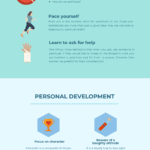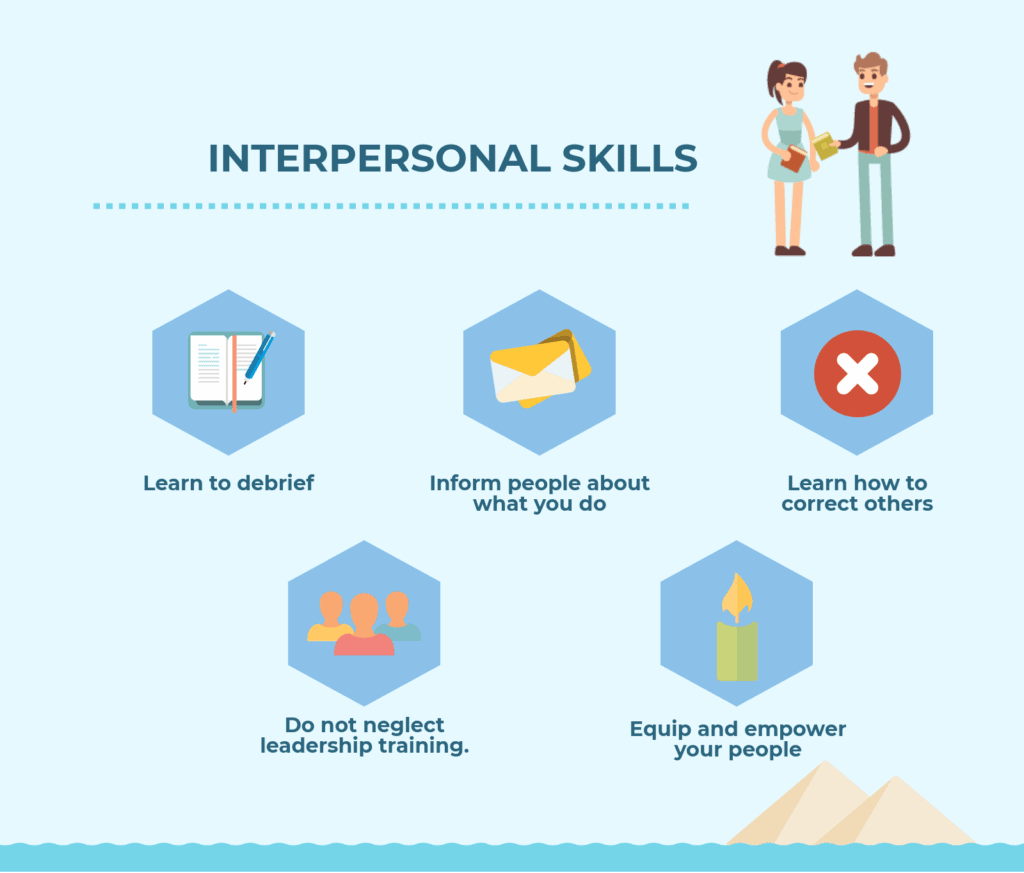How to be a Healthy Cross Cultural Missionary?
Here are some keys I’ve picked up over the years of being a cross cultural missionary. I have seen many folk come and go on the mission field, and so I wanted to share these keys to help you start and finish well.
Disclosure: This post contains affiliate links to Amazon. We will only recommend resources that we have personally read through and have found useful in our journey in mission work.
Spiritual Keys
Trust God
Why grumble when you can trust God? Is He not more than able to do above and beyond all that we ask or even think?
Resist temptation.
Whenever you are tempted, cry out to God for the strength to resist. After a while the devil will get fed up and leave you alone until another time. Don’t forget, you are most vulnerable to temptation after a major success, so be on your guard!
Study the Scriptures.
Missionaries need to pay careful attention to both their exegetical work and their hermeneutical efforts. Studying the Scriptures is primary work that needs to be done, and ought not to be cut short by pressing needs. Set apart time to study and meditate the Bible on a regular basis! If you need a book to help you, I strongly recommend Gordon Fee: How to Read the Bible for all its Worth
Read missionary books.
There are some books that ought to be on every missionary bookshelf: Roland Allen’s: St. Paul’s Methods or Ours is a classic. Foundational to community development is Brian Fikkert’s book: When Helping Hurts. For building faith, read missionary biographies. When I met Richard Wurmbrand, the advice he gave me was: “Write down all of the illustrations you can – keep a diary of your experiences in God. They will all come in handy one day.”
Keep notes about the major things God does in and through your life.
We all tend to forget details over the years, and looking back at God’s faithfulness to you personally is major encouragement – one of the ways to encourage yourself in the Lord!
Have a file of illustrations
that God has shown you during your walk in life – small observations that leave an impression. You will find them helpful, not only as good sermon illustrations; they are powerful motivators for you personally! Remember, the parables are stories from daily life that Jesus uses in a powerful way!
Don’t forget the fundamentals,
like preaching and meditating on the cross, the blood of Jesus, the value of communion, baptism, vows, loving and trusting God in all things. Preach and teach such things, and do not be concerned about repeating yourself, let the Holy Spirit do His work by confirming your words.
Don’t forget to pray in tongues.
It is a valuable resource that Father has given us in order for us to be built up in our faith. Pray often in the Spirit!
Make sure you balance your time as a cross cultural missionary!
Balance your personal life, home and family life along with your ministry work. Allow time for the unexpected on your calendar! Don’t forget to plan in time to do your planning – away from the stress of your daily routine. Maintain a casual hobby and do some sort of sports, read a book at least once a month, and take an annual vacation. When you work, work with diligence and to the best of your ability.
Frame your goals,
Ask three questions:
- What would your work look like if your dream or vision became a reality?
- What is the vision statement that you need to phrase?
- How do we get there?
Pace yourself.
Burn out is the modern term for weariness in the Scriptures. One of the main causes of burnout is doing things God has not required you to do – in your own strength. Stop doing those things, and get renewed before you begin to work again. Sabbaticals are more than just a good idea, they are valuable to keeping our spiritual health.
Learn to ask for help.
The problem with asking for help in our ministry is our reluctance to actually frame the asking question. James says, ‘you have not because you ask not’. It is how we ask which makes the difference. One thing I have learned is that when you ask, ask someone in particular if they would like to invest in the Kingdom work you are involved in, and then wait for them to answer. However they answer, be grateful for their consideration.
Focus on character.
Mark Rutland writes (in Character Matters): Character is a composite of virtues and values. When we raise the banner of the Kingdom of God, we need to raise our character for all to see!
Beware of a haughty attitude.
In some cultures, they exalt those of white skin and in others despise them. But often they are tolerated for their perceived riches and ability to bring wealth. It is a deadly trap to lose sight of your servant heart and purpose. Remember, God opposes the proud, but gives grace to the humble. Go for grace every time!
Learn to debrief.
One of the things that the Moravian missionaries did was to write their autobiography when they came home at the end of their time of service. It was a requirement for all missionaries before they died to write their memoirs. I think it is a very helpful way to debrief after a lifetime of cross cultural ministry, and it becomes inspiration to others who will follow in your footsteps. Keep that in mind and make notes from which you write your own memoirs.
Inform people about what you do,
do not frame your work in generalities. Let folks be a part of your life by giving them specific illustrations. Tell the story and let people become involved in the growing excitement you have for what God is doing in and through you!
Learn how to correct others.
In correction don’t forget there are always two things that need to happen: Forgiveness and Restoration. Just because forgiveness occurs in an instant through the blood of Jesus, character formation does take longer. Make sure that the pattern of sin is broken and has been replaced with a habit of righteousness.
Do not neglect leadership training.
Training local leaders has got to be a priority along with preaching the gospel. Both are desperately needed in this world. Examine from time to time what you do and how you are doing it. Keep yourself abreast of leadership training materials. Implement what you have learned quickly and be open for feedback from those you are teaching.
Equip and empower your people
by giving them real authority and real decision making abilities. When they mess up, help them put it right. Remember, mercy triumphs over judgment!
Be practical.
There are a lot of practical things associated with being a missionary. Hygiene is one of those things. Pay attention to your own personal hygiene. Keep yourself clean. Keep your house and vehicle clean. Take care of your possessions, and the possessions of others. If you break something that belongs to someone else, pay for it. If you borrow a car, at least pay for the gas you use. Build trust by being thoughtful and considerate.
Be a good guest.
When visiting friends for a longer period of time, be sure to make yourself useful by doing things that you can see need to be done. Offer to help, and don’t be afraid to get dirty! Leaders who can and do serve in practical ways are greatly admired. When you leave a home you have been staying in, let them want you to come back because you were an easy guest to have.
Teach about finances.
There is more to understanding and teaching in ‘Kingdom Finances’ than just ‘giving’. Though generosity is foundational to the nature of God, He is also the One who gives us the will and strength to work. Teach that along with the Scriptures that speak of saving, living debt free and providing for your family, building wealth in a godly way with a vision to invest in the Kingdom of God.
Remember to whom you are accountable.

Do you provide adequate accountability to those in your country of service as well as to those who sent you there? I am accountable first to God, then my wife, and then my family. I am accountable to my home church, my supporters, the fellowship of ministers I belong to, my missions’ director, my local board of directors, my local organization, and the organizations that Globe Mission belongs to as the work we do affects them and the nation. The level of accountability I have varies dependent on the type of relationship I have with each entity. But we are not independent; we are interdependent, by choice.
Conclusion
Bear these 23 keys in mind when you are out in the mission field. They can make a difference to your success and the experience that you will receive.
Come back to me at ask@fieldpartner.org and let me know which you think really matters to you; or do you think I’ve missed anything? Let’s help each other succeed! There is plenty more material to help you on your way at www.fieldpartner.org.
-Brad
If you found this post helpful, do check out our Leadership In Mission online course.
P.S. You can download this article as an infographic. Check it out:
23 Keys to Being a Healthy Cross Cultural Missionary (PDF)
23 Keys to Being a Healthy Cross Cultural Missionary (PNG Image)









